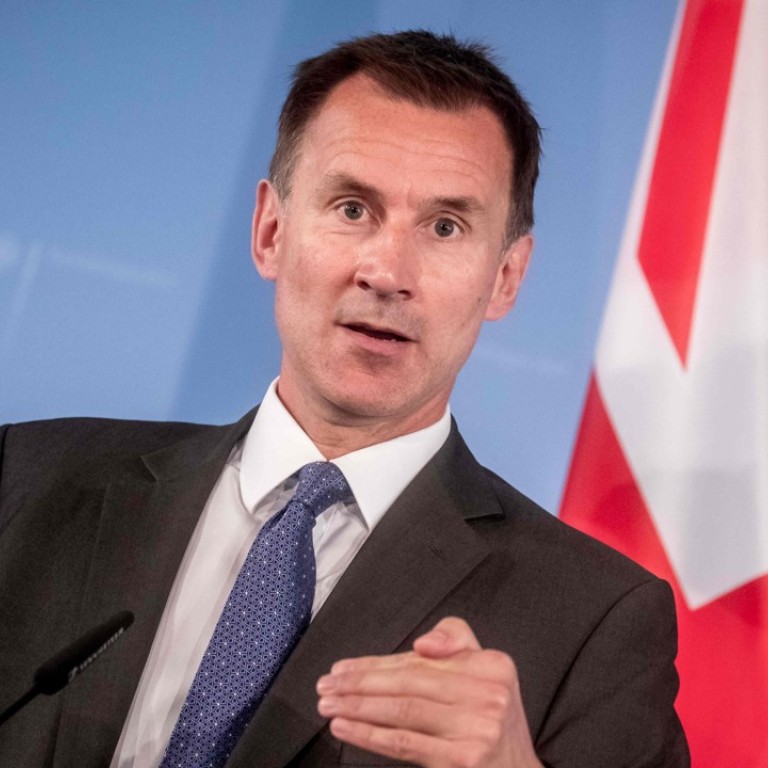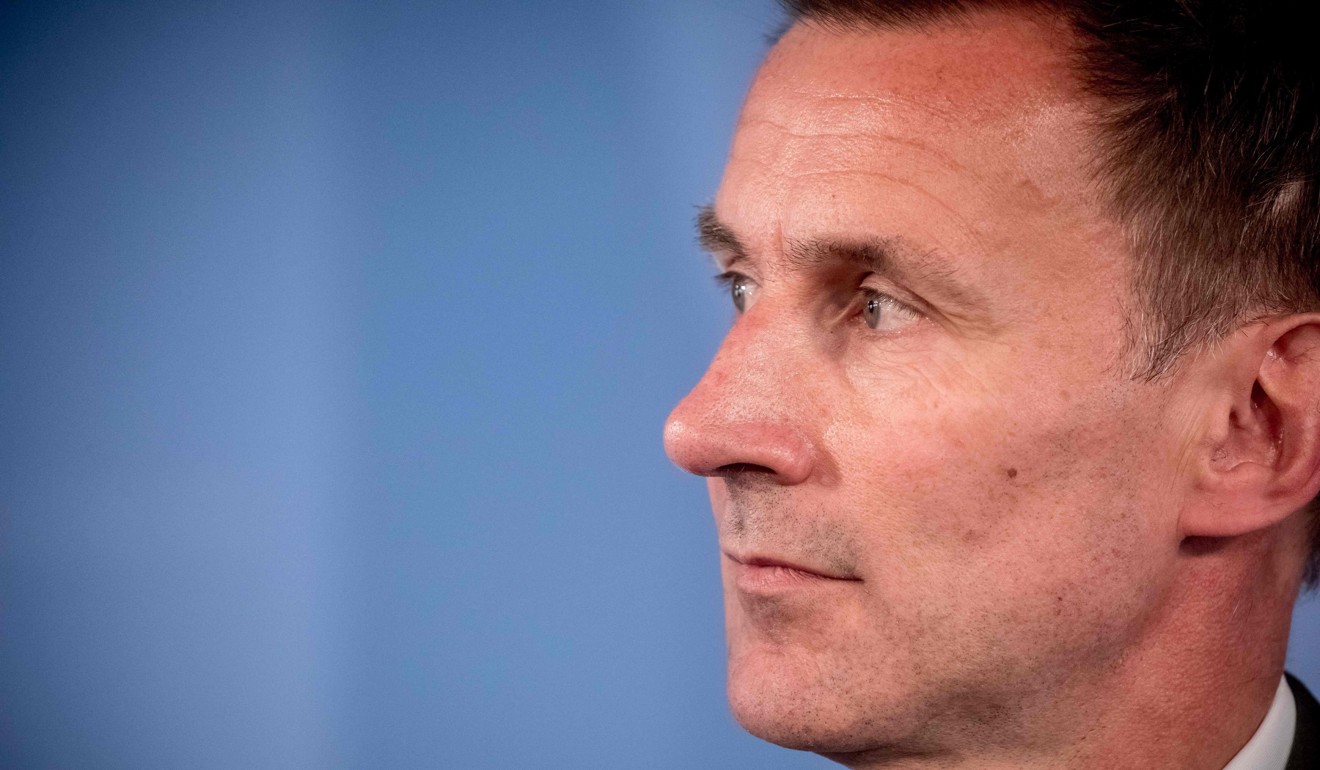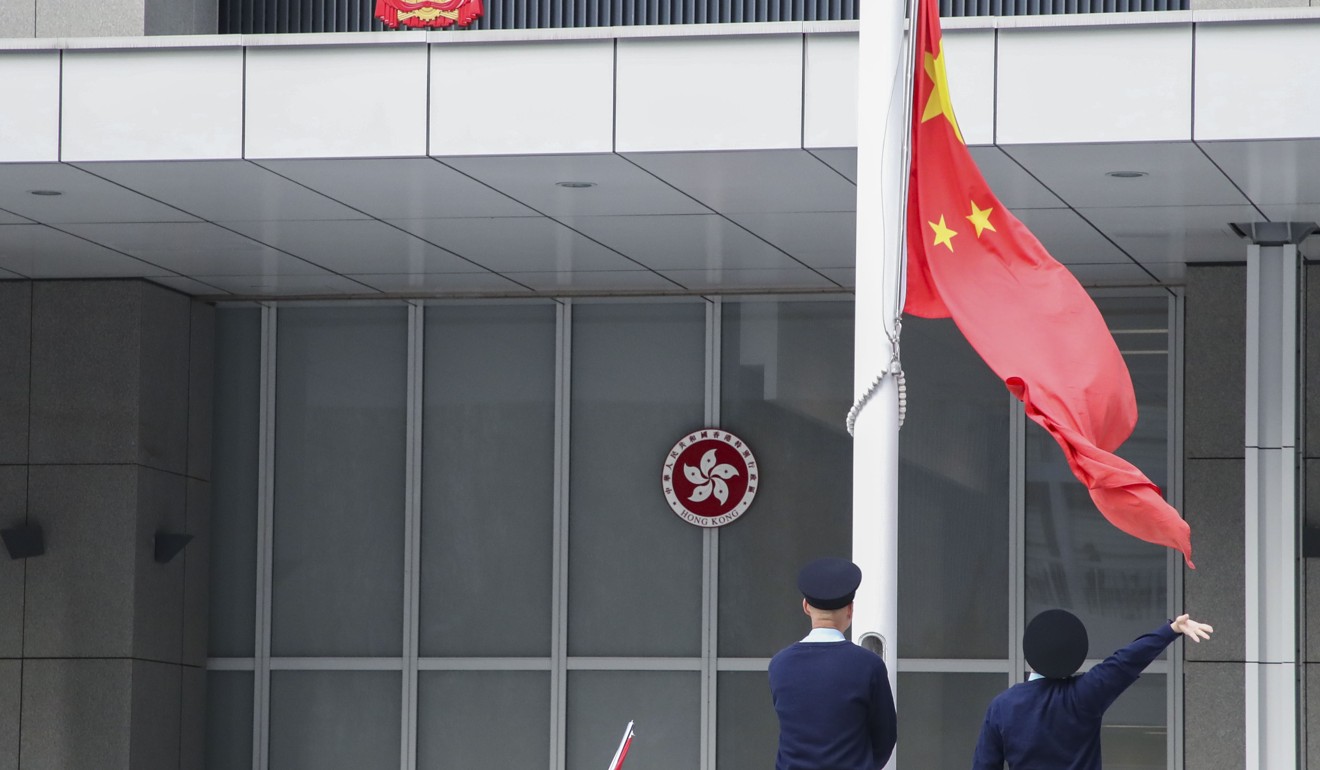
British foreign secretary Jeremy Hunt urged to discuss Hong Kong human rights concerns with Beijing
Group of UK politicians wants Hunt to raise issues such as proposed ban on separatist party and disqualification of pro-independence lawmakers when he visits China next week
On the eve of newly appointed UK Foreign Secretary Jeremy Hunt’s visit to China, a group of British politicians have urged him to discuss Hong Kong with the country’s state leaders, citing concerns that pressure on human rights and freedoms in the city have “increased and intensified”.
Former British Foreign Secretary Malcolm Rifkind, ex-leader of the Liberal Democrats Paddy Ashdown, former Liberal Democrat MP David Alton, barrister Geoffrey Nice QC, and Conservative lawmaker Catherine West wrote to Hunt on Wednesday: their letter was published on Friday on the website of Hong Kong Watch.

Hong Kong Watch, an NGO, was founded by the British activist Benedict Rogers to monitor human rights in the city.
Hong Kong rural leaders want Beijing to interpret colonial-era land law
“Freedom of expression is facing threats from multiple fronts,” they wrote, adding that the city’s judiciary was under pressure as Beijing’s interpretation could compromise the city’s rule of law.

Britain and China signed the Sino-British Joint Declaration to enable the handover of Hong Kong in July 1997. The agreement set out the core principles of the “one country, two systems” concept, under which China guarantees Hong Kong a high degree of autonomy.
In their letter to Hunt, the group of British politicians said it was critical for Britain to emphasise and promote the importance of the agreement in bilateral conversations with China.
20 years since Hong Kong handover, have things really changed?
“This agreement underpins the special trading relationship that the United Kingdom has with Hong Kong because ‘one country, two systems’ ensures that it has the robust rule of law, freedom of information, labour rights, intellectual property rights, and transparency which our businesses need,” they wrote.
Speaking up was not only Britain’s duty, but in its interest, they added.
“It is also in the interests of China, where Hong Kong still plays an important function as a global financial hub, and above all for Hong Kong, whose people must not be forgotten and for whom we have a special responsibility.”
In January, Ashdown and the last British governor of Hong Kong, Chris Patten, encouraged Prime Minister Theresa May to insist, during her first state visit to China, on “the continued validity of the Sino-British Joint Declaration and the principles of ‘one country, two systems’” when she met with President Xi Jinping and other Chinese leaders.

